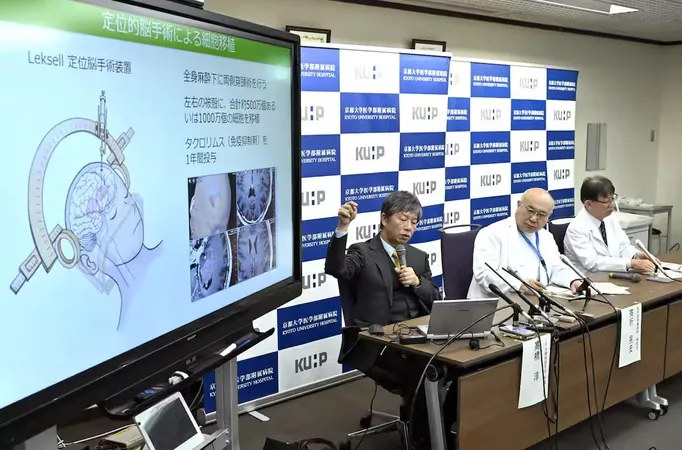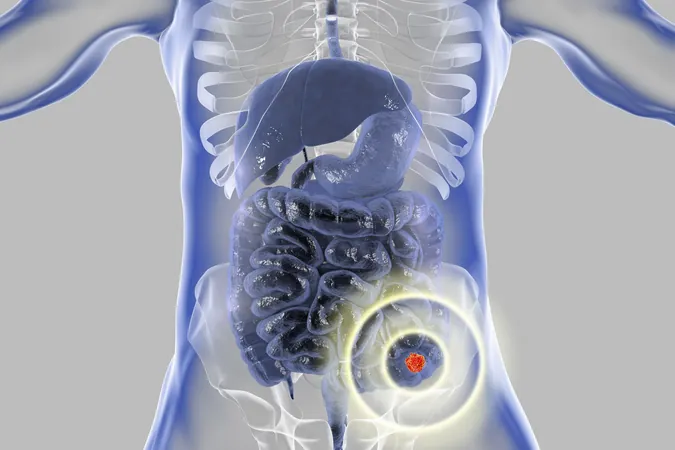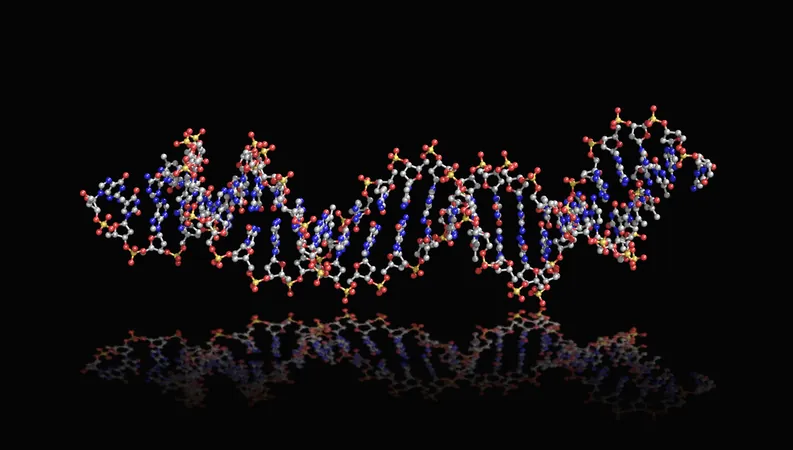
Japan's iPS Cell Breakthrough: A Leap Towards Dominating Regenerative Medicine
2025-04-24
Author: Wei
The revolutionary day when therapies utilizing induced pluripotent stem cells (iPS cells) become practical for patients is just around the corner!
Japan stands on the cusp of becoming a global powerhouse in iPS cell technology. To solidify this position, the government must enhance support for real-world applications and industrial advancements.
Groundbreaking Trials in Parkinson's Treatment
A pioneering research team from Kyoto University has embarked on clinical trials, transplanting neurons derived from iPS cells into the brains of Parkinson's disease patients. Early results are promising, with no significant safety concerns and noticeable symptom improvements in some participants.
Parkinson's disease, which starkly reduces the brain's vital nerve-secreting cells, leads to debilitating tremors and motor dysfunction. Conventional treatments largely revolve around medications that address symptoms, which unfortunately lose effectiveness as the disease advances. Until now, a definitive cure has remained elusive.
Imagine a world where iPS cells could replenish lost nerve cells—this could be a groundbreaking solution for patients!
Encouraging Yet Cautious Findings
The initial outcomes signal a significant leap forward with approximately 250,000 Parkinson's sufferers in Japan. Collaborative pharmaceutical companies are gearing up to seek approval from the government within the year.
However, the trial involved only seven patients, and symptom alleviation varied greatly among participants. While the safety and efficacy of the method are noteworthy, extensive testing is still required for it to be recognized as a reliable treatment.
A Vision for the Future
Professor Shinya Yamanaka of Kyoto University first achieved the creation of iPS cells about 20 years ago, earning the Nobel Prize in Physiology or Medicine in 2012 for his groundbreaking work. Since then, advancements in producing diverse cell types for patient treatment have marked a new era in regenerative medicine.
In an exciting development in early April, a venture company linked to Osaka University requested government approval for a cell transplant therapy targeting heart ailments. Research is also advancing on cell transplants to address various conditions like spinal cord injuries and diabetes.
However, the competition to commercialize these cutting-edge regenerative technologies is fierce on a global scale. The Japanese government has invested approximately ¥110 billion (around $770 million USD) into iPS cell research over the last decade, but ongoing and increased support will be essential.
There’s no doubt that iPS cell technology is poised to unlock new realms in medicine.
We eagerly anticipate swift access to innovative treatments for patients and hope that Japan will emerge as a leader in delivering transformative medical solutions.



 Brasil (PT)
Brasil (PT)
 Canada (EN)
Canada (EN)
 Chile (ES)
Chile (ES)
 Česko (CS)
Česko (CS)
 대한민국 (KO)
대한민국 (KO)
 España (ES)
España (ES)
 France (FR)
France (FR)
 Hong Kong (EN)
Hong Kong (EN)
 Italia (IT)
Italia (IT)
 日本 (JA)
日本 (JA)
 Magyarország (HU)
Magyarország (HU)
 Norge (NO)
Norge (NO)
 Polska (PL)
Polska (PL)
 Schweiz (DE)
Schweiz (DE)
 Singapore (EN)
Singapore (EN)
 Sverige (SV)
Sverige (SV)
 Suomi (FI)
Suomi (FI)
 Türkiye (TR)
Türkiye (TR)
 الإمارات العربية المتحدة (AR)
الإمارات العربية المتحدة (AR)